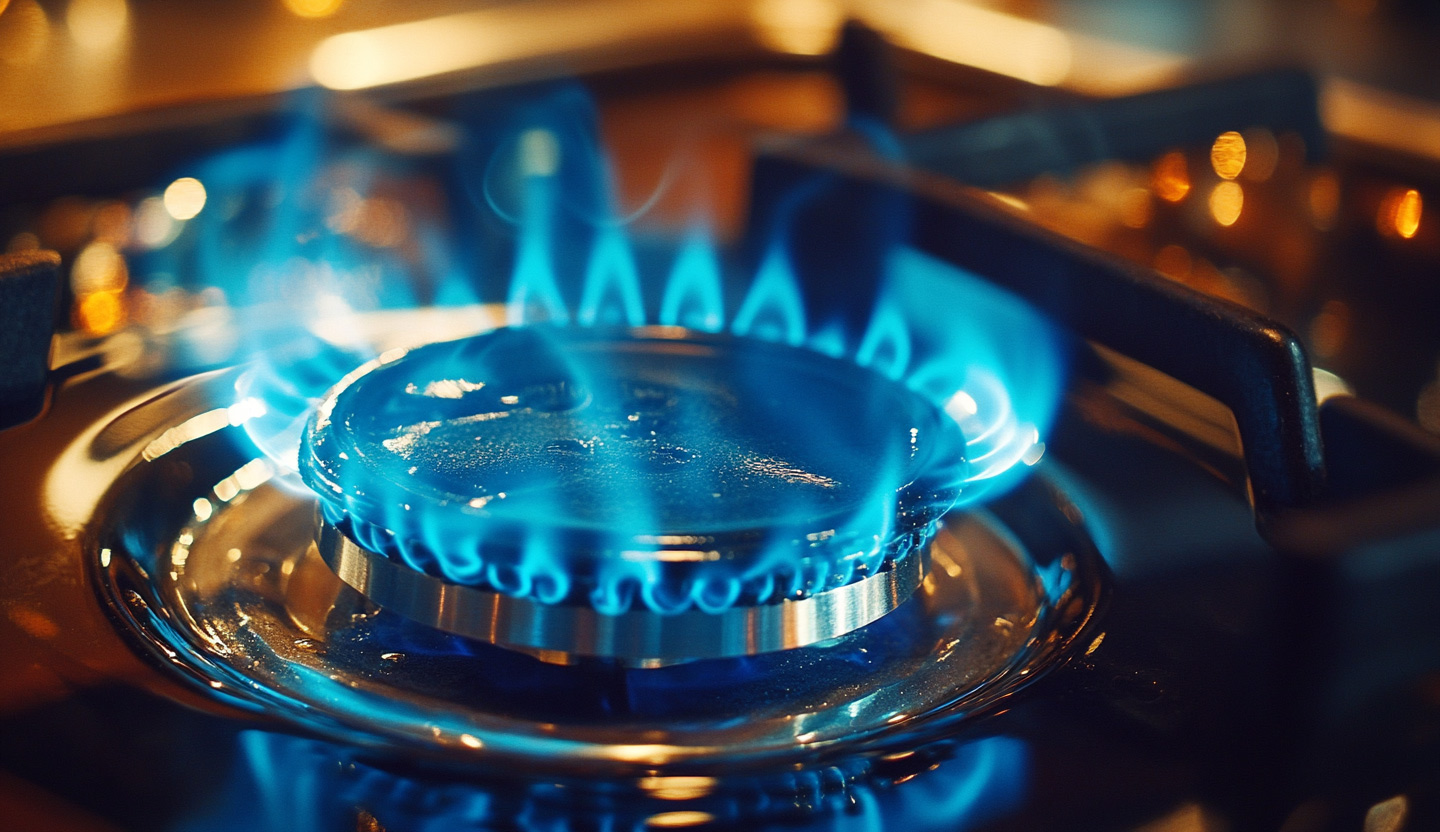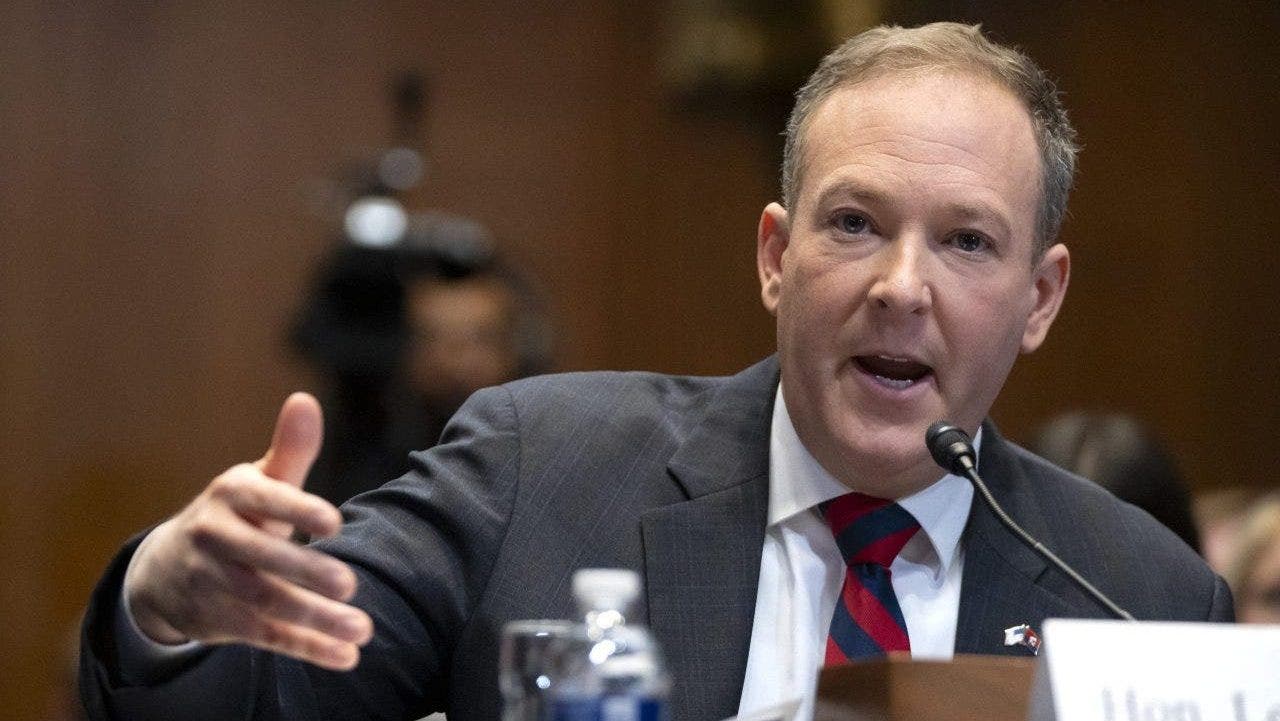Biden Administration Considers Banning Gas Stoves over Health Concerns

According to a new report, a federal agency could ban gas stoves due to concerns about pollution that can cause respiratory problems and health.
The U.S. Consumer Product Safety Commission will open public comments on gas stove dangers this winter. Commissioner Richard Trumka Jr. said that the commission could establish standards for emissions from gas stoves or ban their manufacture or import.
Trumka said to the outlet that this was a hidden danger. “Any option is possible. Products that aren’t safe can be banned.
Stoves are used in approximately 40% of American homes. They emit pollutants such as carbon monoxide, nitrogen dioxide, and fine particulate matter that is considered unsafe by the EPA or the World Health Organization. These emissions have been linked with illness, heart disease, cancer, and other conditions. According to peer-reviewed research published last month in the International Journal of Environmental Research and Public Health, more than 12 percent of all cases of childhood asthma are now linked to gas stoves.
|
Senator Cory Booker (D.N.J.) & Representative Don Beyer, (D. Va.) sent a letter last month to the agency urging it to address the matter and calling the harmful emission a “cumulative burden”, on black, Latino, and low-income households.
The Association of Home Appliance Manufacturers claims that cooking can cause harmful emissions, regardless of which stove is used.
Jill Notini (Vice President at the association), stated that ventilation is where this discussion should take place, and not banning one type of technology. “Banning one type or more of cooking appliances is not going to address concerns about indoor air quality. It may be necessary to change behavior, people may have to switch on their hoods while cooking.
The American Gas Association also opposed a ban.
The group’s president, Karen Harbert, stated that the U.S. Consumer Product Safety Commission (EPA) does not consider gas ranges a significant contributor of adverse air quality or health hazard. The best and most realistic way to create a future that is free from pollution and provides affordable energy is to make sure it includes natural gas transportation infrastructure.










1 Comment
Eugene Lombardo
Posted on January 10, 2023 at 9:26 am
Gas stoves have been around for 75 plus years. This is nothing more than the war on Americans and fossil fuel. Pathetic crook in the White House b